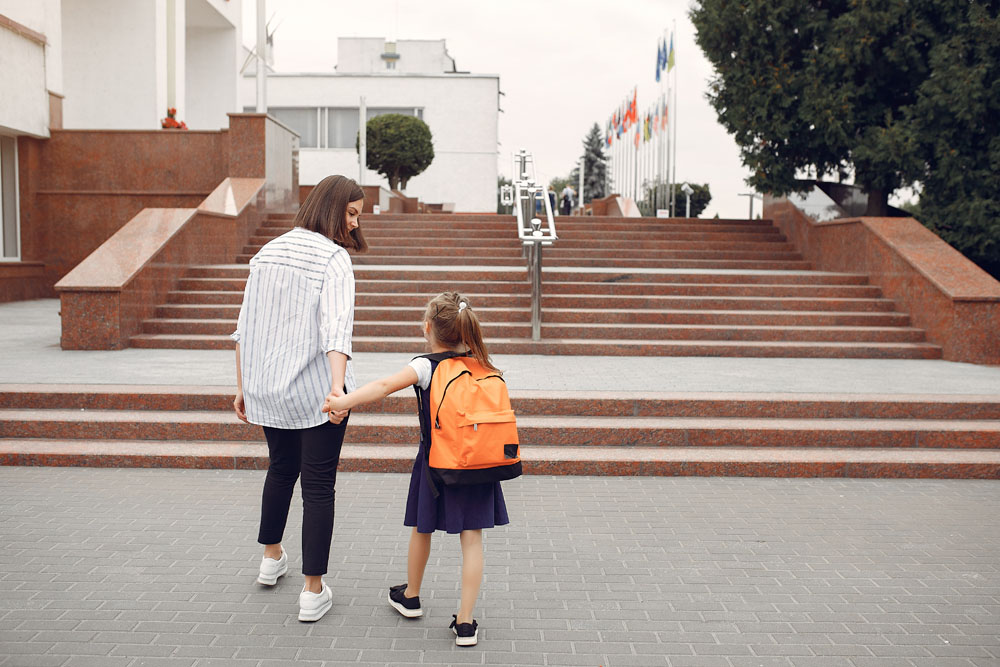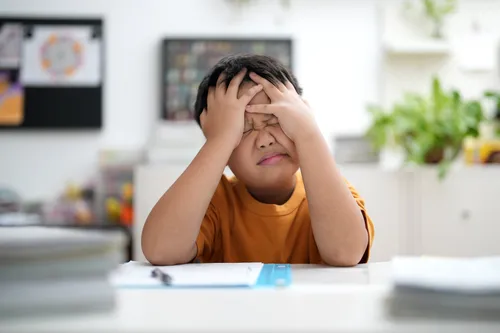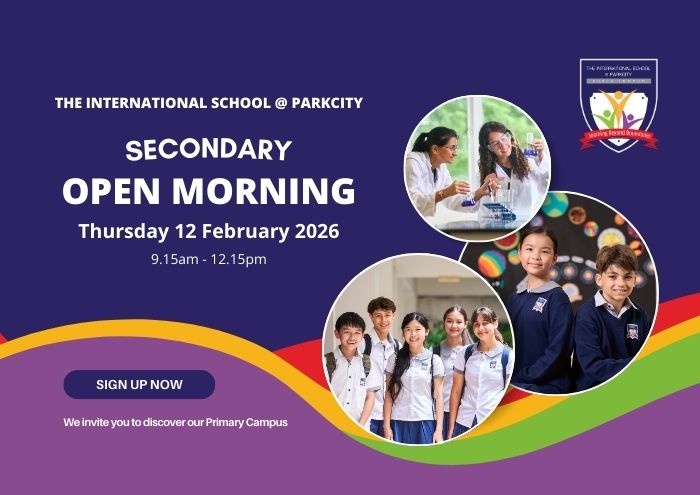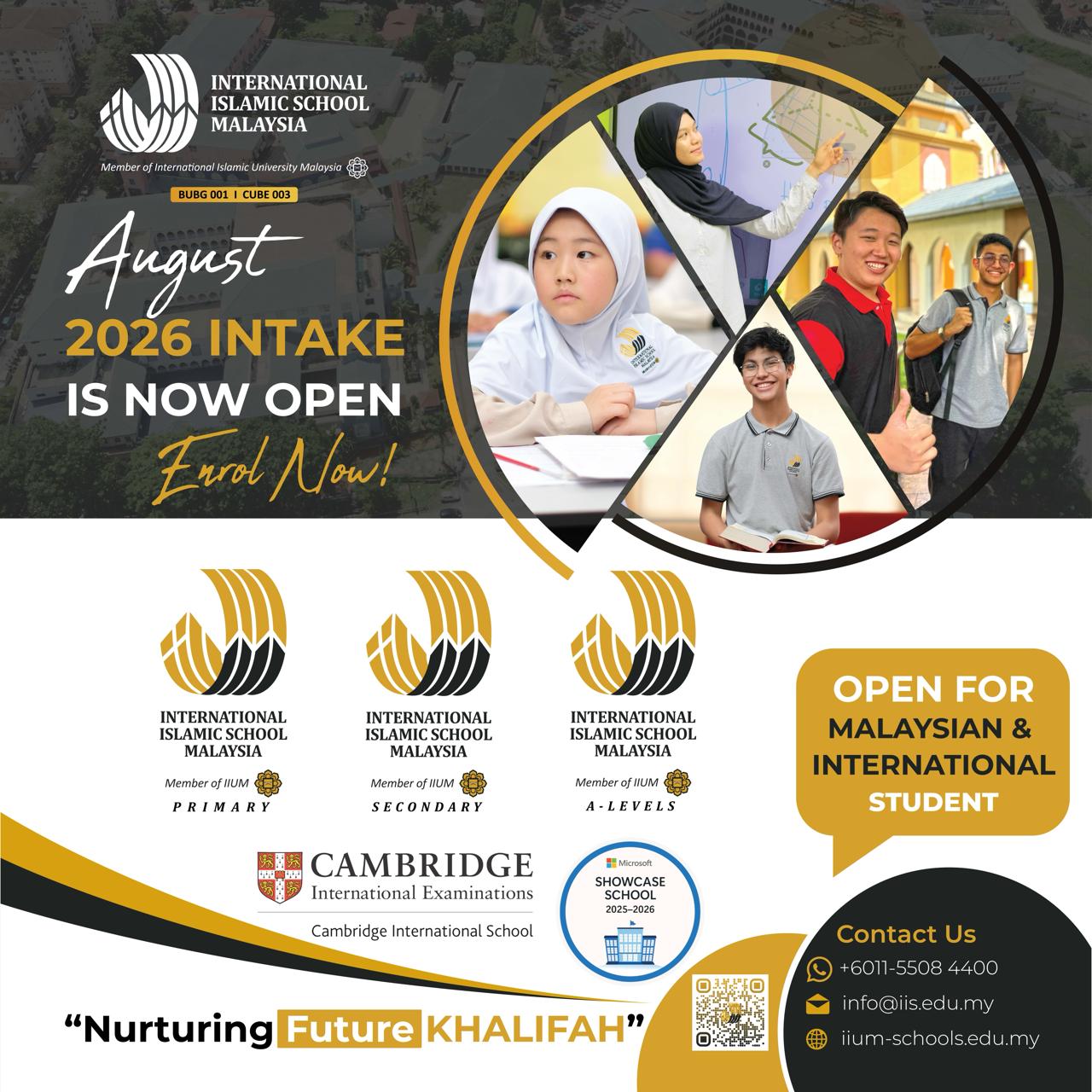
Schools in several countries are facing campus closures once again. Iain Sallis, Principal of Tenby Schools Setia Eco Park in Malaysia shares some advice following four weeks of school lockdown for a second time:
Many Malaysian schools and particularly those within red zone districts have been closed since beginning of October. This has meant a full campus closure at our school, Tenby Setia Eco Park. We are an ISP school of 2,000 students within the outskirts of Kuala Lumpur. We are now on our fourth week and have actually opened on four separate occasions from June to September 2020 due to staggered starts for year groups and schools. We have both international and private national schools, all with differing demands and restrictions. We were all very excited to reopen since June and we were looking forward to the consistency of a relatively normal school.
How wrong we were! We actually only returned as a full campus for eight weeks from June to October. So, as we gathered leaders around the table in October, we planned to re-create and improve distance learning structures for the second time. We looked over the evidence from the first closure improved our communications and systems to ensure amazing learning happened. After our fourth week, here is some of the learning we have taken from the new (but repeated) experience.

Manage stakeholder expectations
We all felt a sense of disappointment going back into distance learning. It wasn’t new anymore and there was a cold reality that this could happen again and again in the future. Community energy levels were lower this time around as we all felt a sense of repeat and longevity to this situation. However, at the same time there was an expectation from parents and leaders to be better.
We had a clear sense of what we needed to improve on from the first lockdown. This time it was not an experiment and the expectation had changed. Managing energy, expectations between the staff, parents and students has been a fine balance. Parents want more, students engagement is more challenging, and staff want to be in the classroom. We needed time and communicating the expectations to all stakeholders has been critical.
Create reflective frameworks for staff and students
We created a reflective appraisal process for staff and leaders specifically designed for distance learning. We wanted to get all adults to think about all the great things they did first time around: How can they get better? where are the gaps? how can the school support me? How can I manage the increased expectation?
Although evidence has been harder to gather for leaders, the self-reflection process really supports the needs of staff, but more importantly students learning.
A matrix frameworks supports staff with making judgements about their online teaching.

Stop adding more new things. Concentrate on getting better at the things you do
If I get sent another email with a new application or add-on I will go mad. We are all being sold new learning resources with claims to fix marking, and even using artificial intelligence to monitor student online engagement!
We have purposefully tried to balance up new technology with consolidating on the previously learnt technology to get better at the basics first, but also to allow teachers to become more resourceful. Learning new ideas takes time so working on better efficiencies within current systems is important to staff. Adding new items to an ever growing catalogue is not good for staff and students.
Create a Code for Distance Learning
We have worked harder to ensure we know students are engaged, and have created a Tenby Ten Distance Code of Conduct. This tries to support behaviours for the whole community including online behaviour, cameras-on behaviour advice, and the role of the parents and staff member within the learning process.
It gives ideas on how to work at home, and how to remain in a learning zone during the lesson. It has helped us set expectations for the whole community.

Well-being, well-being, well-being
We have noticed that, due to the change in RMCO requirements, parents are at work more this time around; leaving students with one parent and in some cases no parents. Therefore, parents supporting the schools with monitoring of engagement is less than before.
The parents ability to track their child’s progress is also more problematic. Students are finding safe spaces to operate; we have noticed students locking bedroom doors, and family units facing new challenges. Finding ways that the pastoral teams can identify disengagement online is more important. Evidence bases such as attendance at key subjects like PE, students with cameras off, and lack of assignments coming in are all key indicators to create intervention plans.
To find out more about International Schools Partnership (ISP) and to secure your child’s place with the Tenby Schools family, please visit: schools.tenby.edu.my















![[Maahad Tahfiz Negeri Pahang] Asia Youth International Model United Nations](https://mint-edm.sgp1.digitaloceanspaces.com/production/qKffTsfZisDxO4b6kcejusAA7mWWgL.jpg)





















